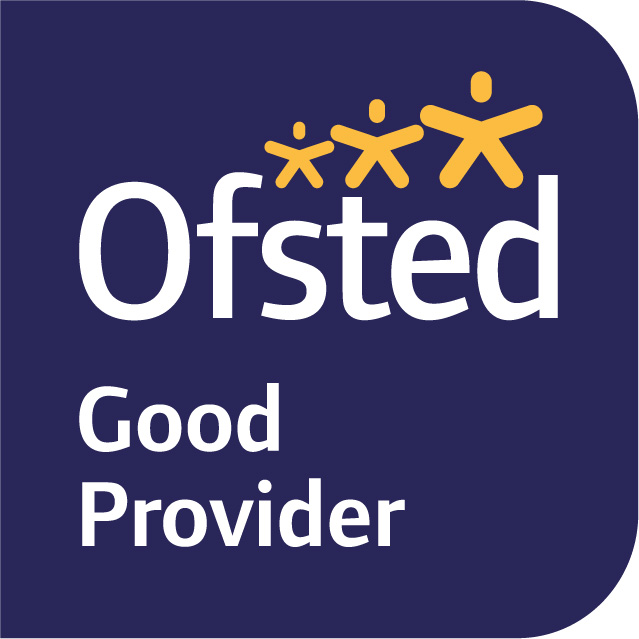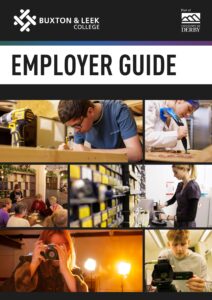
To speak to our course tutors, apprenticeship instructor-mentors and support staff, and to look at the facilities we have on offer, come along to one of our open days.
If you would prefer to discuss your aspirations in a private information, advice and guidance (IAG) meeting please contact us to arrange, please note that we cannot guarantee campus tours in private IAG meetings.
To find out about apprenticeships please read through our Apprenticeship guide which will answer many of the most Frequently Asked Questions. For more detailed information on specific Apprenticeships please see the Apprenticeship Course Directory.
Apprenticeship Applications
If one of the below statements applies.
- You are already in full-time employment.
- You have ALREADY SECURED an employer to support you through your apprenticeship. (you have already received a formal offer of employment from the business)
- You are upskilling in your current role.
please complete the eSignup application form; eSignUp.
ALL other applicants should complete the standard application form; APPLY NOW
To order a printed version of this guide please click HERE
Other guides







